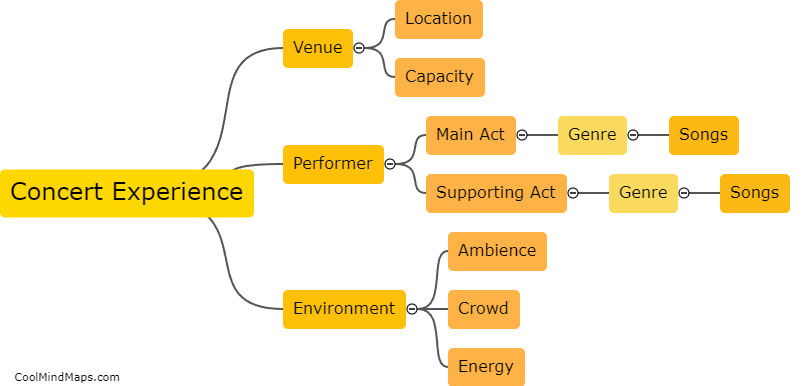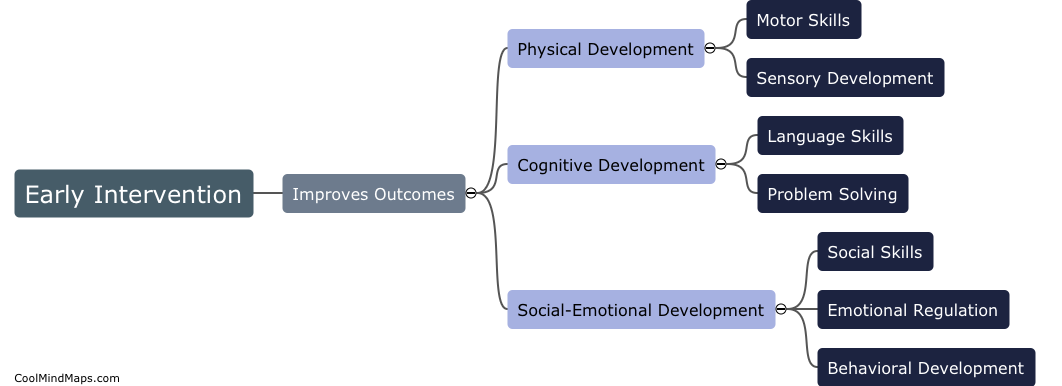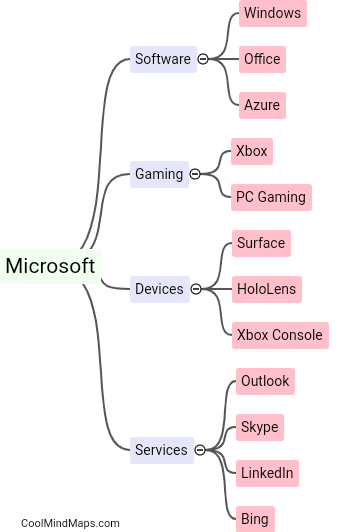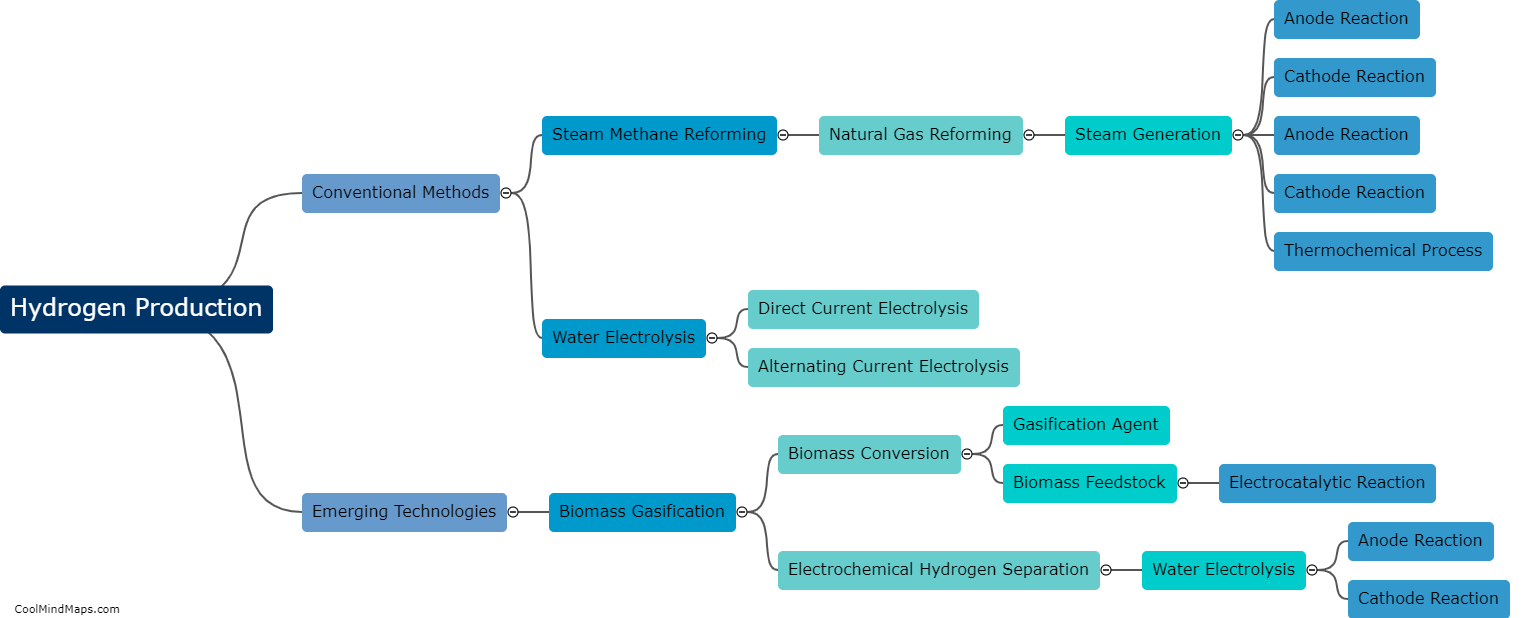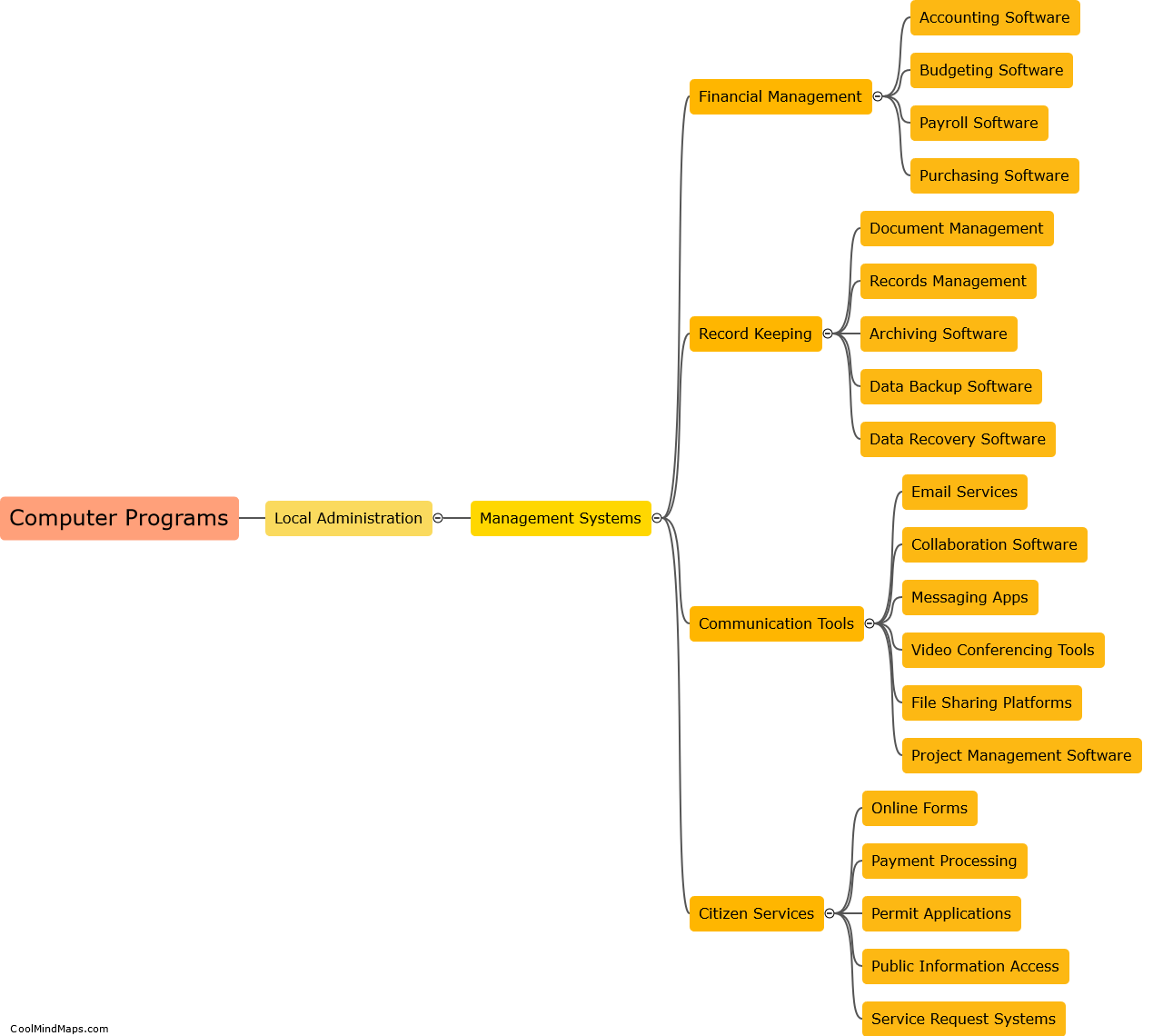What are the key components of local administration programs?
Local administration programs are comprehensive and multidimensional, comprising several key components. Firstly, these programs include effective governance structures and mechanisms to ensure transparency, accountability, and public participation in decision-making processes. Secondly, organizational capacity building is crucial to enable local authorities to efficiently deliver services, plan and manage resources, and implement policies. Thirdly, financial management and accountability systems are pivotal in ensuring sound fiscal practices and resource allocation. Additionally, local administration programs emphasize community engagement and empowerment to foster sustainable development and address the specific needs of the local population. Lastly, promoting intergovernmental cooperation and collaboration between local, regional, and national levels is paramount to achieving effective governance and policy implementation. Overall, these key components form the foundation of successful local administration programs, enabling them to meet the diverse and evolving demands of local communities.
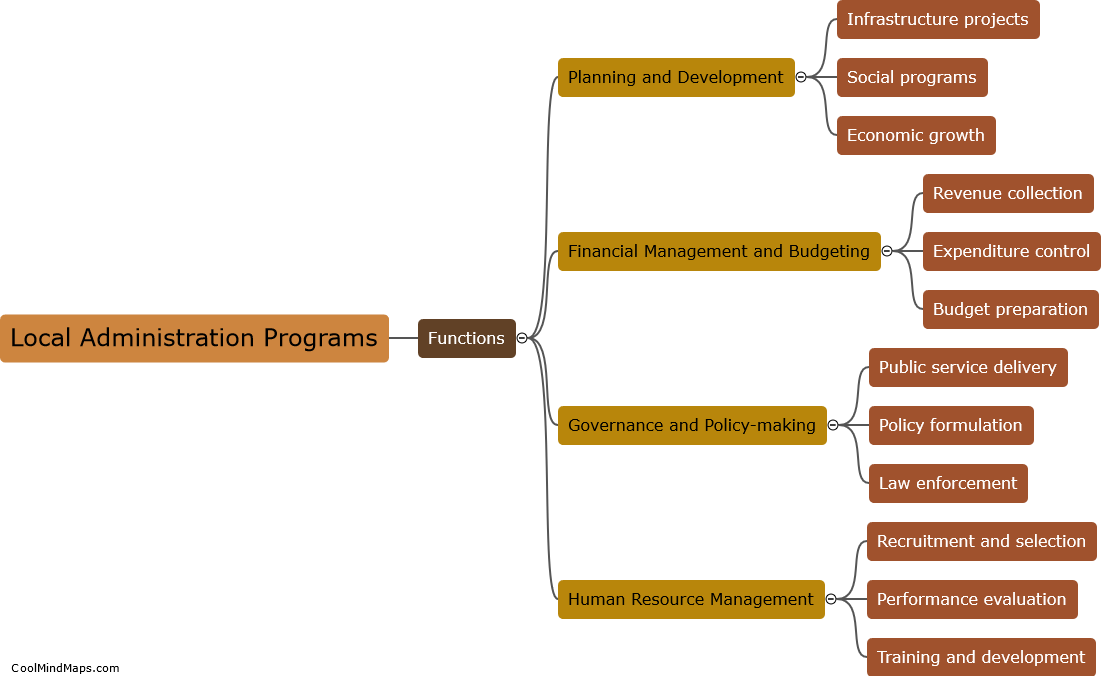
This mind map was published on 22 November 2023 and has been viewed 88 times.
